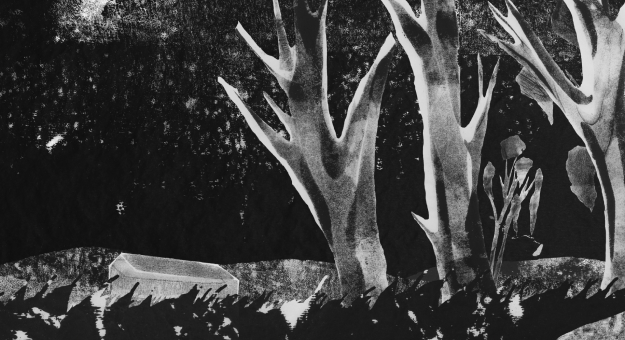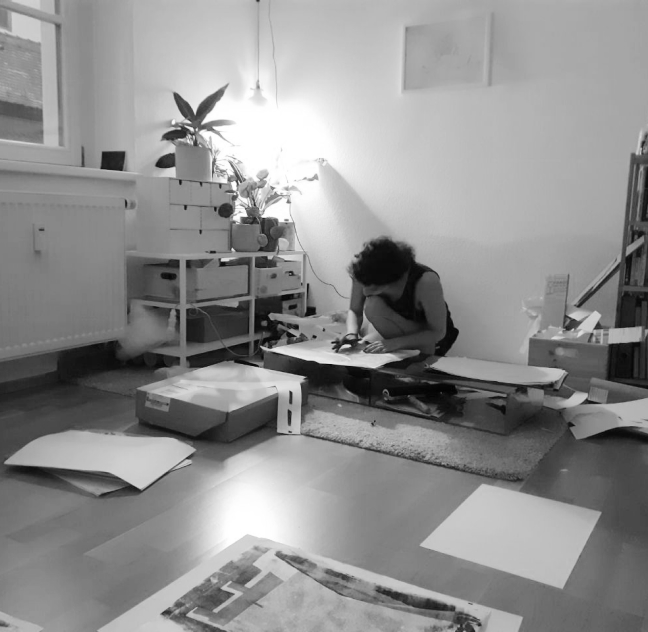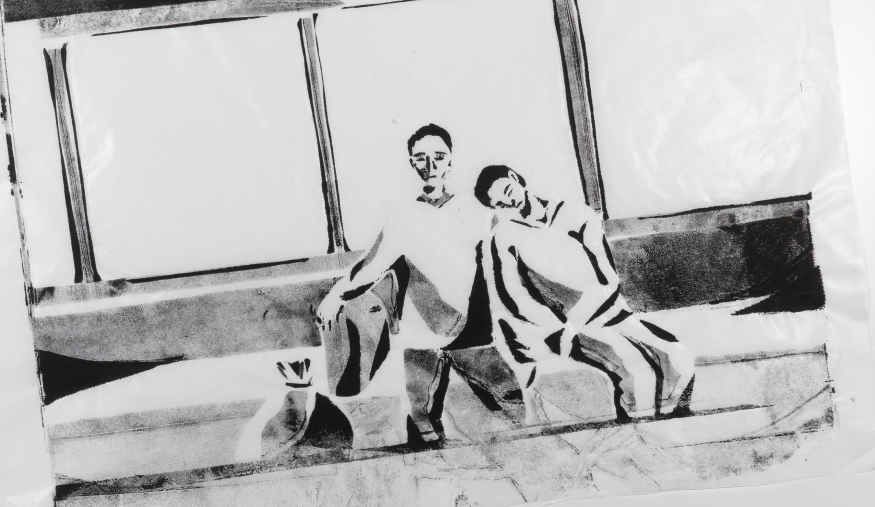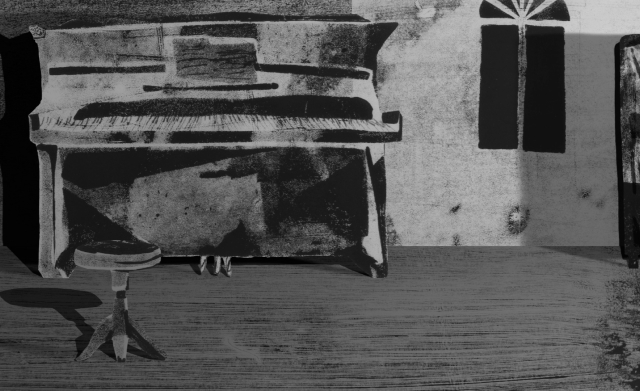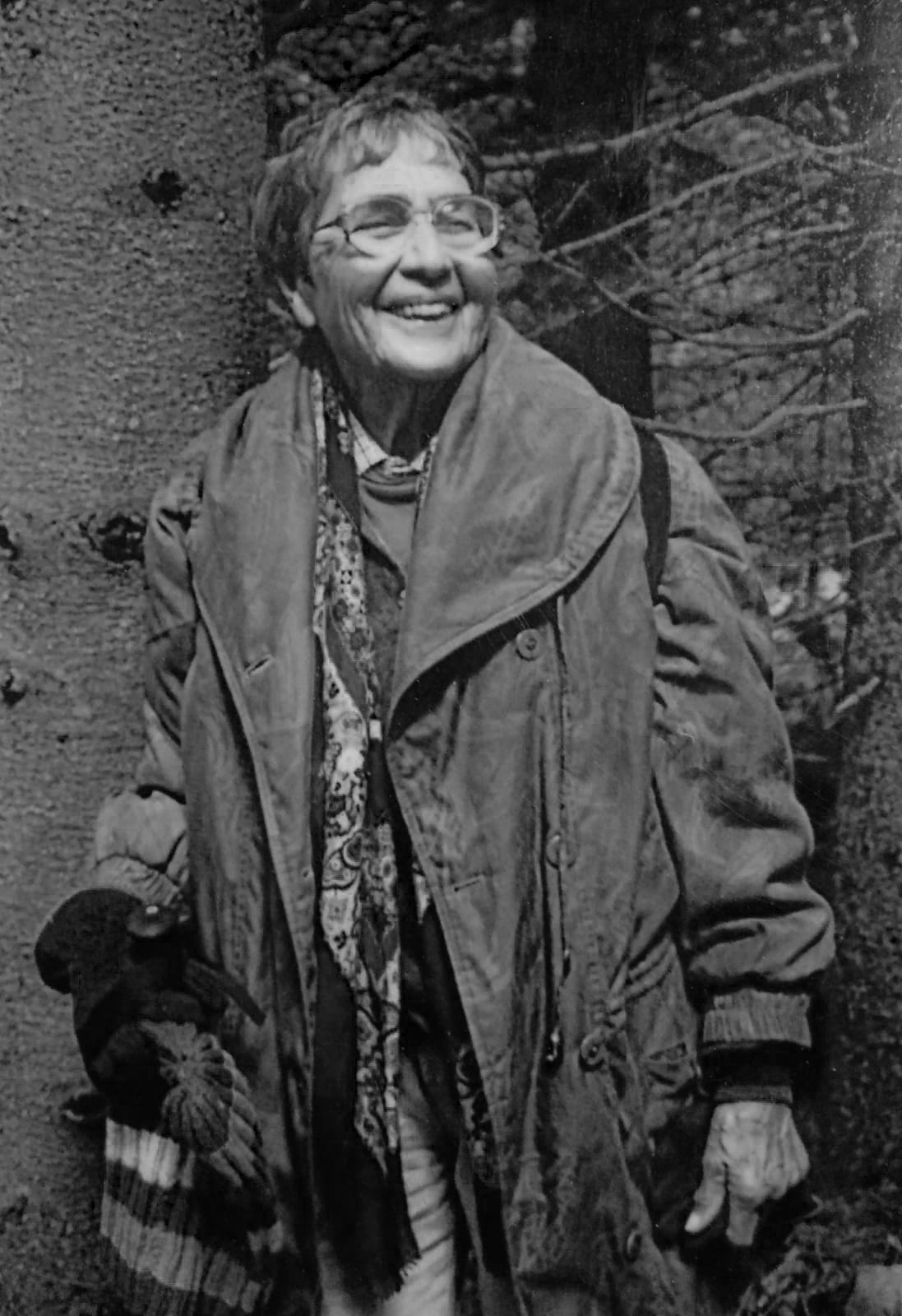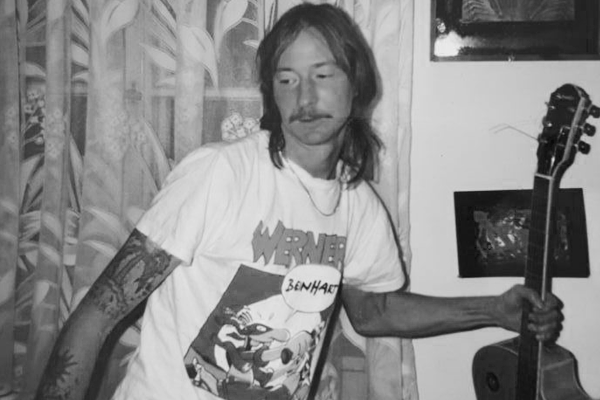I will take your shadow
A film by Ayala Shoshana Guy
Two brothers flee home during the Nazi regime.Generations later, their granddaughter weaves a dreamlike story of the untold past crossing into the present.
Synopsis
I will take your shadow is an experimental autobiographical animated film consisting of hundreds of hand-made monotype drawings and prints that have been digitally combined and manipulated. In the years 1939-1940, the two brothers Jancsi and Bandi were forced to leave Vienna while fleeing the Nazi regime. They sailed for a few months aboard the refugee ship Darien II in a desperate search for a safe home and arrived at what was known as British Palestine. Today, the director, Jancsi’s granddaughter, is lost in her own dreams, which bring the past of the men in her family into her everyday reality. The untold transforms into a search for all that is lost, yet persists and unfolds in its absence. The film offers a glimpse into a world where waking and dreaming are equally real, where passed down stories become a constant reality.
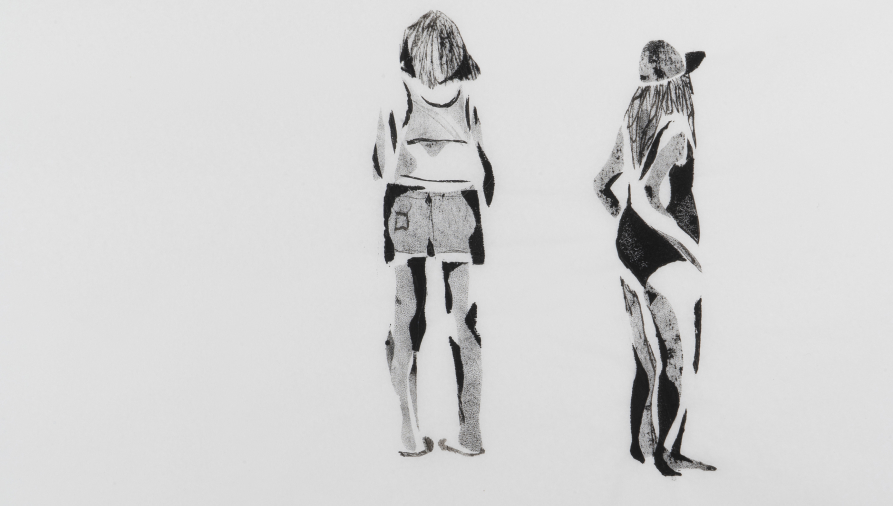
Specifications
- Title: I will take your shadow
- Length: 18 min 56 sec
- Genre: Experimental Animation, Documentary
- Year: 2022
- Main contact: Ayala Shoshana Guy / ayala.guy@gmail.com
- Country: Germany
- Original Language: English
- Subtitles: English, German, and Herbrew
- Sound: Stereo, 48000 Hz
- Aspect ratio: 1.85:1
- Color: Black and White
